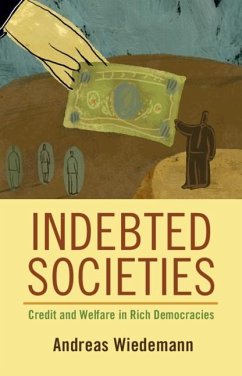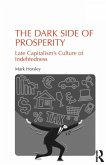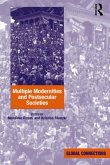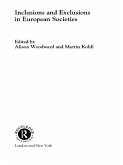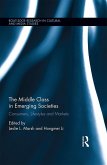In many rich democracies, access to financial markets is now a prerequisite for fully participating in labor and housing markets and pursuing educational opportunities. Indebted Societies introduces a new social policy theory of everyday borrowing to examine how the rise of credit as a private alternative to the welfare state creates a new kind of social and economic citizenship. Andreas Wiedemann provides a rich study of income volatility and rising household indebtedness across OECD countries. Weaker social policies and a flexible knowledge economy have increased costs for housing, education, and raising a family - forcing many people into debt. By highlighting how credit markets interact with welfare states, the book helps explain why similar groups of people are more indebted in some countries than others. Moreover, it addresses the fundamental question of whether individuals, states, or markets should be responsible for addressing socio-economic risks and providing social opportunities.
Dieser Download kann aus rechtlichen Gründen nur mit Rechnungsadresse in A, B, BG, CY, CZ, D, DK, EW, E, FIN, F, GR, HR, H, IRL, I, LT, L, LR, M, NL, PL, P, R, S, SLO, SK ausgeliefert werden.

